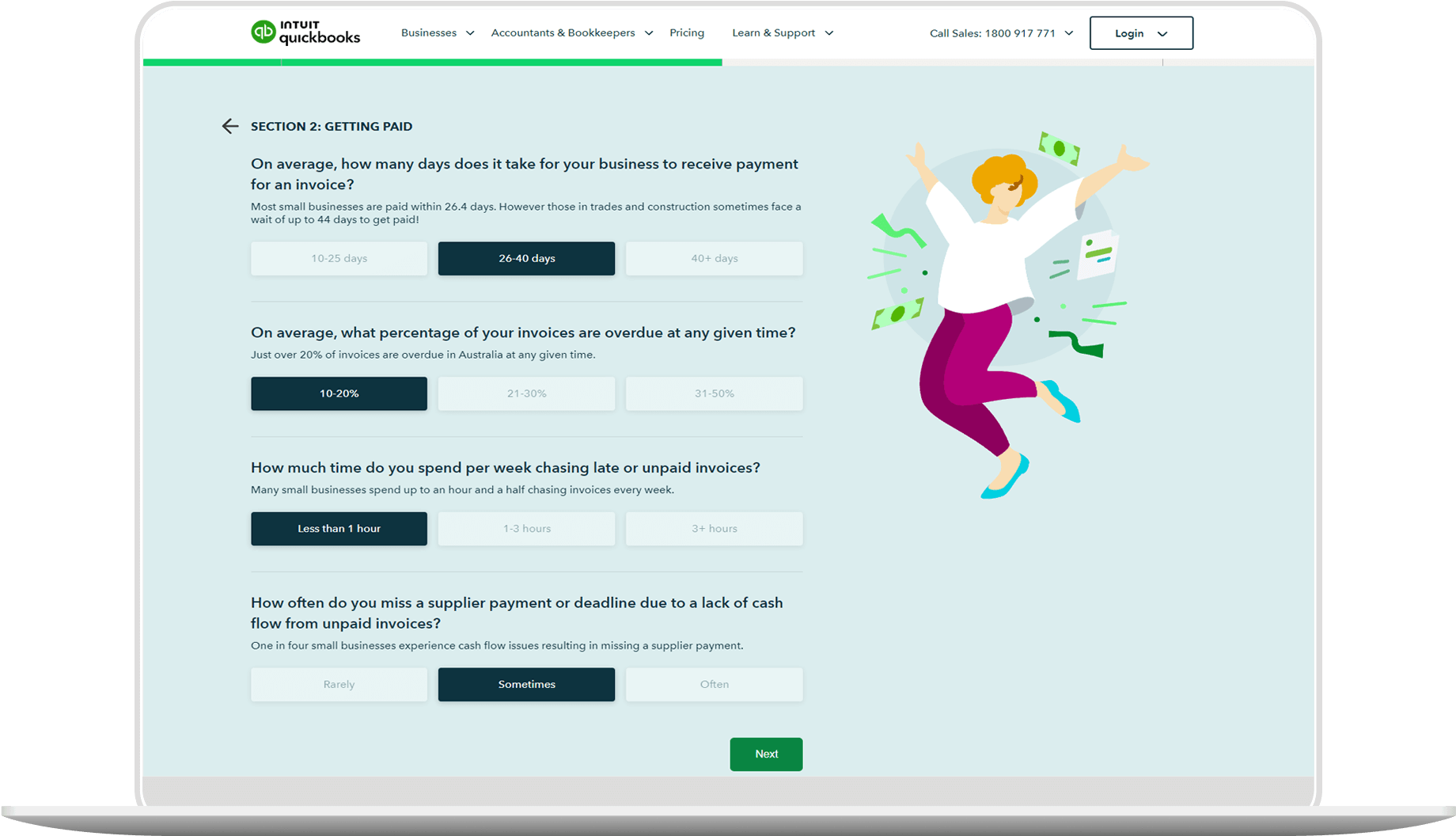Deductions, income tax offsets and salary packaging
There are many ways to reduce the tax you pay, in the form of offsets, salary sacrifice, and deductions.
Tax offsets
Tax offsets or rebates directly reduce the amount of tax payable. Tax offsets and rebates are applied once your income tax has been calculated.
Common tax offsets apply to:
- Pensioners or seniors
- Taxable portions of superannuation income
- Low-income earners
- Middle-income earners
- Taxpayers caring for an invalid relative
Deductions
Deductions take place before income tax is calculated, and you may be able to claim deductions for some of the expenses you may have had in the financial year when you lodge your tax return.
In most cases, the deductions you will be able to make would be work-related expenses, and if you wanted to claim those, there are three things to always consider:
- You must have spent the money yourself and not have been reimbursed by your employer
- The expense must directly relate to your work or the way you earn your income
- You must have a record to prove it (a receipt should work for this)
Other common deductions include:
- Union fees
- Study expenses as long as they are related to your work activities
- Charitable donations
- The cost of paying an accountant or other professional to manage your tax affairs.
Salary sacrifice
Salary sacrifice is when you agree on an arrangement to receive less salary (take-home income) from your employer in return for benefits. These benefits would be paid out of your pre-tax salary.
For example, some people receive a lower salary in exchange for car payments or additional superannuation.
Reducing your salary through salary sacrifice drives your taxable income down. However, you cannot claim these services or items as a deduction.




















